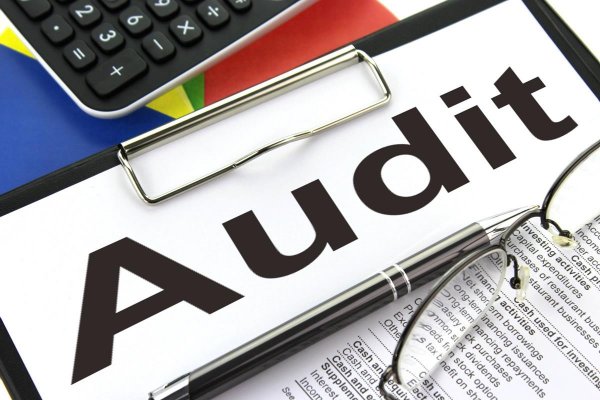2 min
Emory Experts - Accentuating the Positive: Do Investors Rate Non-native English Speaking CEOs More Highly?
When investors are deciding whether to put their capital into a company, they typically take a breadth of different factors into account. Earnings, performance, market share—all of these are critical, for sure. But equally important is belief in the talent and capabilities of the organization, and its most visible human face: its CEO. How a CEO comes across at key touchpoints such as earnings calls can significantly shape investors’ perceptions of his or her abilities. We know from research that even subtle things like tone of voice can increase—or diminish—shareholder confidence. So, too, can subliminal emotional or behavioral cues in speech. But what about something arguably more obvious and easier to quantify? What about accent? Until now, remarkably little attention has been given to how much sway a CEO’s accent has on investors’ impressions or attitudes. We simply don’t know whether chief executives with “foreign” accents fare better or worse with shareholders than native US-English speaking counterparts. And this subject matters. It’s estimated that as many as 9% of all companies in the US and more than 11% of Fortune 500 firms are run today by foreign-born chief executives. How investors perceive these CEOs relative to native speakers could have major implications for hundreds of thousands of organizations. Shedding compelling new light on this is new research by Goizueta PhD candidate Leonardo Barcellos, and Schaefer Chaired Professor of Accounting Kathryn Kadous. Together they have produced a study that suggests that accent does matter – though perhaps not in the way that many of us might think. That study and the entire article is attached – and well worth the read. And if you are a journalist looking to learn more about this topic – then let our experts help. Kathryn Kadous is the Schaefer Chaired Professor of Accounting and Director and Associate Dean of PhD Program at Goizueta Business School. She is available to speak with media – simply click on her icon now to arrange an interview.






